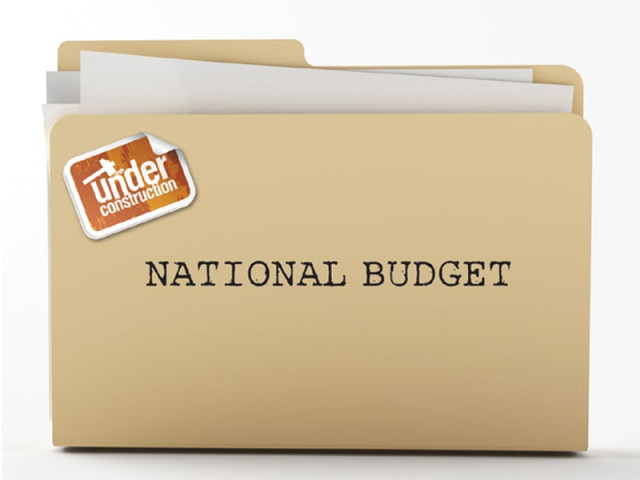Budget 2012: Foreign lenders unlikely to provide deficit financing
Government set to print money, causing inflation, and squeeze out private sector lending, hampering growth.

Budget 2012: Foreign lenders unlikely to provide deficit financing
The government will be able to finance only 5% of its budget deficit with foreign loans, throwing the rest of the fiscal burden on domestic sources of financing, increasing the likelihood of continued high inflation, high interest rates and low economic growth during fiscal year 2012.
As a result of the suspension of the $11.3 billion International Monetary Fund (IMF) bailout programme, which caused other international lenders to suspend their financing as well, the government will be left with less than $526 million (Rs46 billion) in net external financing during the fiscal year ending June 30, 2012.
This amount is just 5.3% of the budget deficit, projected at Rs856 billion – or 4% of the total size of the economy – during the next fiscal year. Many analysts have deemed the target optimistic at best.
The rest of the Rs810 billion will have to be raised for the domestic market, for which the government is likely to turn to two sources, neither of which is palatable from the economic perspective. The first is borrowing from commercial banks, which squeezes out lending towards the private sector and reduces economic growth. The second option is to force the central bank to simply print money, which is the single biggest cause of inflation in the country.
“The government will be seen as a desperate borrower and the commercial banks will exploit the situation to their benefit, forcing the State Bank of Pakistan to increase interest rates to attract the banks to lend it money,” said Dr Ashfaque Hasan Khan, a former finance ministry official.
He said the government will also print more money. “All this will impede new investment, growth and push more people into the chronic poverty,” he added.
During last revision of monetary policy earlier this month, the central bank kept the discount rate – a rate at which it lends to commercial banks and the benchmark interest rate in the economy – unchanged at 14%.
According to sources familiar with the matter, barring a resumption of the IMF programme, Pakistan is expected to receive a gross $4.5 billion during the upcoming fiscal year while it will have to pay back a little under $4 billion in principal and interest on foreign loans. Part of the repayments due in 2012 include the suspended IMF programme repayments, expected to come out of the central bank’s reserves.
Pakistan’s ability to find external financing for its loans has been diminishing over the last three years. In fiscal year 2010, external financing of the budget deficit was over 20% while the ratio of foreign financing of the deficit has dropped to around 10.6% for the first nine months of fiscal year 2011.
A finance ministry official said that the availability of foreign funds might improve during the course of the year, provided Pakistan delivers on the targets recently agreed in Dubai with the IMF, which will help restore the suspended bailout programme. So far the World Bank and the Asian Development Bank are releasing project loans, but restraining themselves from budget financing.
For the next financial year, the government is forecasting 13% inflation and 4.2% economic growth. The ability to achieve those targets will largely depend upon the government’s ability to ensure financial discipline. For the last consecutive three years the government has failed miserably in remaining within the budget deficit target and missed it by wide margins.
Any slippage in budget deficit target in next financial year will further fuel inflation and hamper the economic growth, said a senior government functionary.
Published in The Express Tribune, May 26th, 2011.



















COMMENTS
Comments are moderated and generally will be posted if they are on-topic and not abusive.
For more information, please see our Comments FAQ